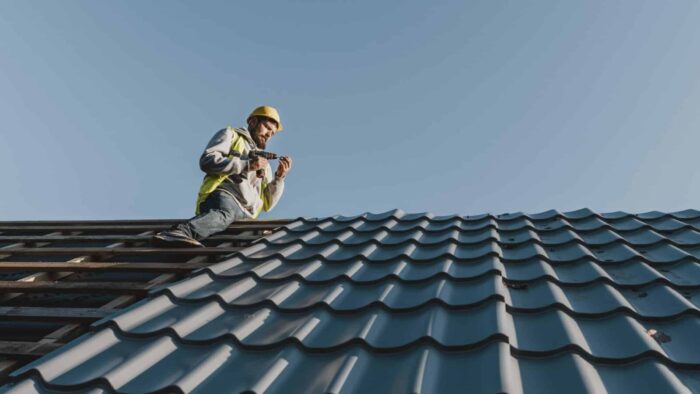What Happened: Pangaia, a materials science brand, is on its mission to reengineer the fashion retail experience. Partnering with the iconic luxury department store Lane Crawford, its latest initiative, Pangaia Pact, aims to create earth positive, temporary installations at Lane Crawford’s Shanghai, Chengdu, Beijing, and Hong Kong stores, and reflect three key pillars: Carbon Neutrality, Circularity, and Purpose.
Tying back to the brand’s focus on high-tech naturalism and innovation through research, the display will feature the company’s many material innovations and technological advances. For instance, at the center of each store, guests will be immersed in a circular peppermint garden, which brings to life the brand’s trademark technology — PPRMINTTM. The installations will also be fully sustainable, measuring and offsetting the entire carbon footprint (+10 percent) produced for the creation of the retail experience.

The pop up immerses guests in a circular living peppermint garden which brings to life the brand’s trademark technology — PPRMINTTM. Photo: Courtesy of Pangaia
The Jing Take: In July 2021, China put forth its sustainability agenda “Duel Carbon,” which aims to achieve carbon neutrality before 2060. Since then, a series of tightening policies have been rolled out in favor of environmentally friendly development, including in retail (Tmall’s last Double 11 — China’s biggest shopping festival — turned its focus into green initiatives, rather than beating its sales records). As such, 2022 marks a transition year, which may benefit climate positive brands like Pangaia.
Impact Hub Shanghai’s report reflects the problem with sustainable products: 71 percent of the interviewees said they wanted to support sustainable products, yet only 29 percent have purchased them. Add to this that Chinese consumers have been slow to embrace a green mindset. Given this, environmentally friendly labels need to find new and inviting ways to reach young Chinese consumer, and one way may be with an immersive journey.
Additionally, its trademark technology and innovative materials adds a layer of competitiveness for the company. Christina Dean, founder of Redress and The R Collective, notes, “Often, consumers need to touch, feel and smell sustainable fashion to understand material breakthroughs, for which the sole online experience often misses the mark. When it comes to fashion, there is still an ethical blind spot between what people do and say, and so pop ups like this really help to close this gap.” Therefore, when it comes to sales conversion, brands must educate consumers first.
The Jing Take reports on a piece of the leading news and presents our editorial team’s analysis of the key implications for the luxury industry. In the recurring column, we analyze everything from product drops and mergers to heated debate sprouting on Chinese social media.
Note: This article have been indexed to our site. We do not claim legitimacy, ownership or copyright of any of the content above. To see the article at original source Click Here













